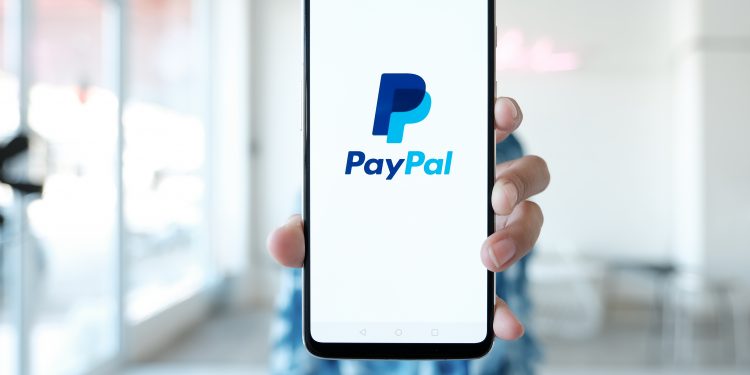PayPal is putting a strategy in place that it hopes will help to capture more in-person transactions in Europe. Two big trends are supporting this:
- Although the global pandemic is still ever present with consumers, more are venturing out to do their shopping in stores on a regular basis.
- The use of cash has taken a nosedive. According to eMarketer, cash made up 27.4% of in-store purchase transactions in Europe, but this share is expected to drop sharply to 15.4% by 2024.
Here’s how eMarketer explains that PayPal is going to help with the transition to digital payments:
Payment processorEuronet brought PayPal’s QR code offering to epay, its suite of digital payment solutions, per a press release. The tie-up lets merchants using epay—which comprise 748,000 point-of-sale terminals in 60 countries—enable PayPal’s QR code solution for in-store customers. The offering is live in Germany and is expected to roll out to more markets.
The Euronet partnership can bring PayPal further into in-store payments. Progress made against COVID-19, aided by vaccination campaigns, may have helped bring more consumers back into stores in Europe. This may push merchants to offer a wider range of digital payment solutions to address evolving shopping habits. Enabling its QR code payment solution across Euronet’s POS can help PayPal gain both a stronger foothold in stores and a larger presence in Europe overall.
PayPal also expanded its business debit card into Belgium, Finland, the Netherlands, and Portugal. The PayPal Business Debit Mastercard gives merchants instant access to their PayPal balances and lets them spend the funds wherever Mastercard is accepted. The card offers 1% cashback on transactions processed as credit and can be added to most mobile wallets.
Expanding its business debit card offering can help PayPal deepen its relationship with merchants by offering a tool that gives them instant access to their funds. And as more sellers use the card, PayPal also boosts its payments volume. The firm may also be looking to compete with players like SumUp, a European mobile POS provider that has also employed a similar tactic.
Overview by Sarah Grotta, Director, Debit and Alternative Products Advisory Service at Mercator Advisory Group











